Hydrogenation of vegetable oil
Vegetable oils contain a mix of saturated, monounsaturated, and polyunsaturated fatty acids. The mono- and polyunsaturated fatty acids have double bonds, all in the normal “cis” formation. These bonds can easily be broken down by oxygen. This produces compounds that make the oil rancid. Rancidity produces off-flavors in foods.
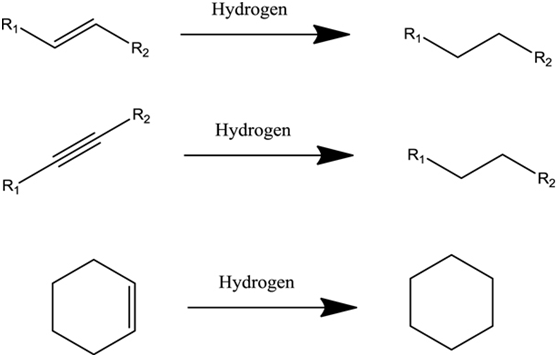
Hydrogenated vegetable oils chemical process
Hydrogenation of vegetable oil benefits a lot to shelf life, but hydrogenation also brings trans fatty acid, which is bad for human health. We should pay more attention to the content of hydrogenated vegetable oil.
Leave A Message
If you want to know more information about Hydrogenation of vegetable oil. pls kindly leave your phone number, We will back to you ASAP once we got your message.
-

-
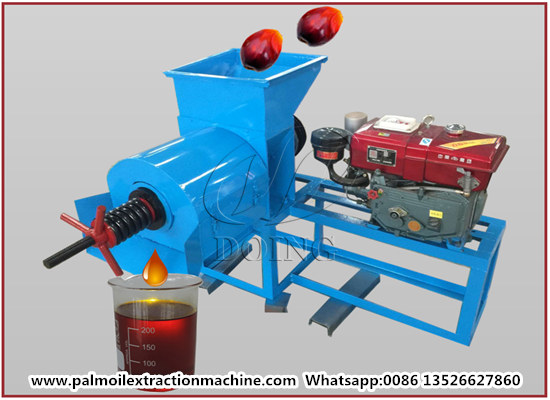
A Colombian customer successfully ordered a 500kg/h palm oil press machine from Henan Doing Company
-
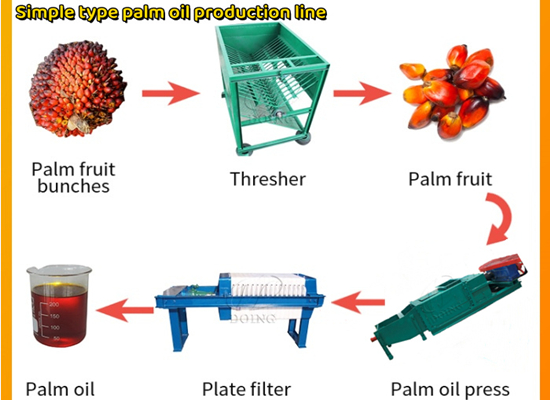
-
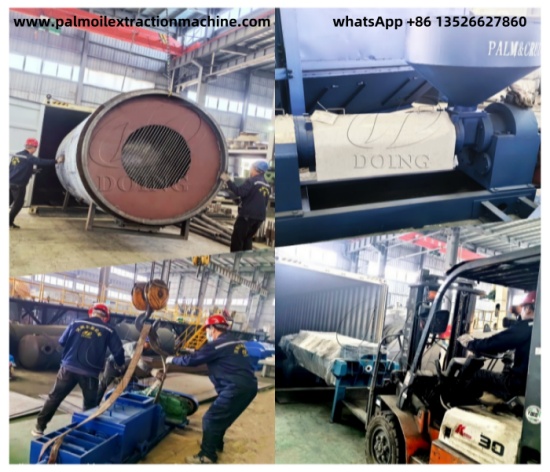
-
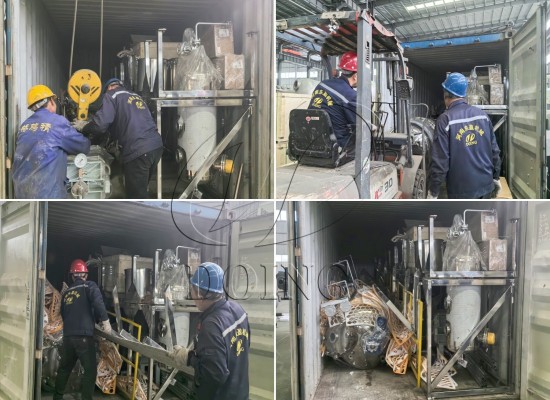
Henan Glory Company shipped 1tph palm kernel oil refinery equipment to Nigeria
-
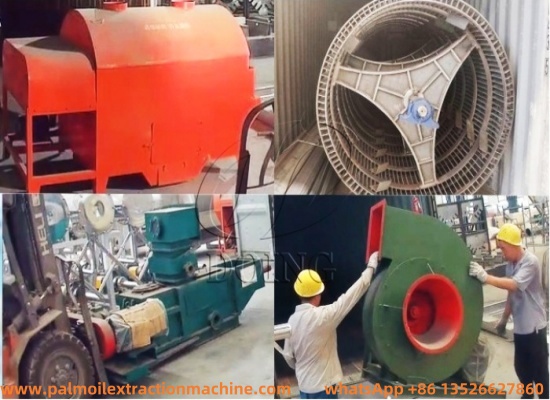
Palm oil and palm kernel oil processing machines have been successfully shipped to Uganda
-
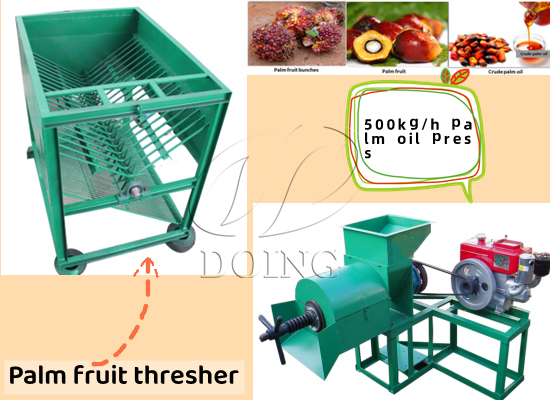
500kgph palm oil production equipment line will shipped to Cameroon
-

Henan Glory invites you to attend the CHINA COMMODITIESEXPO-NIGERIA
-
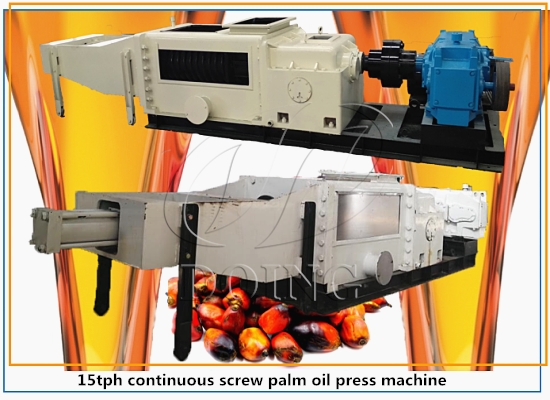
-

-
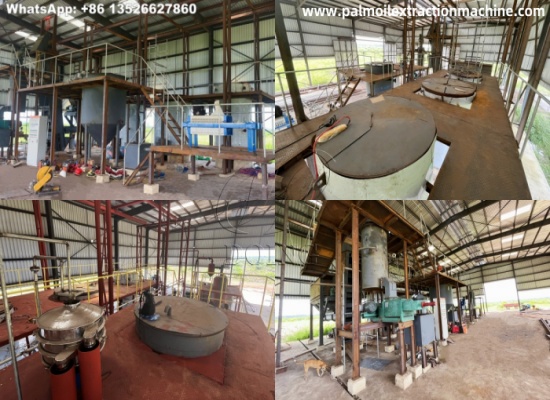
1tph palm oil pressing machines successfully installed in Lagos, Nigeria
-
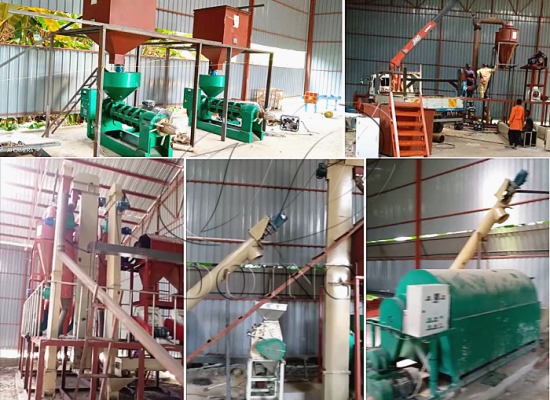
-
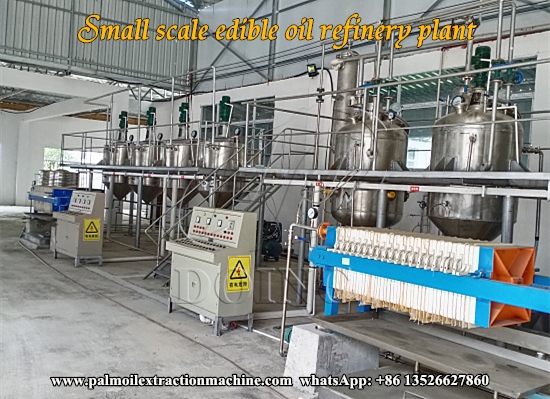
-
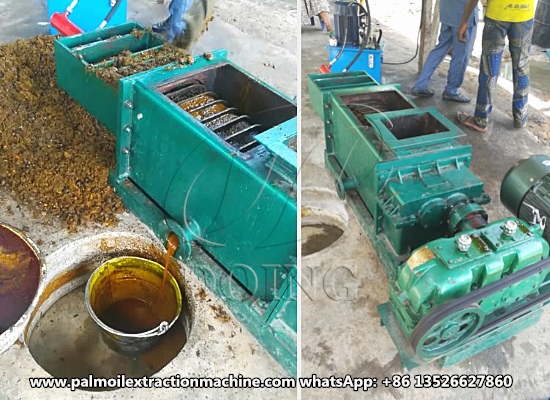
-
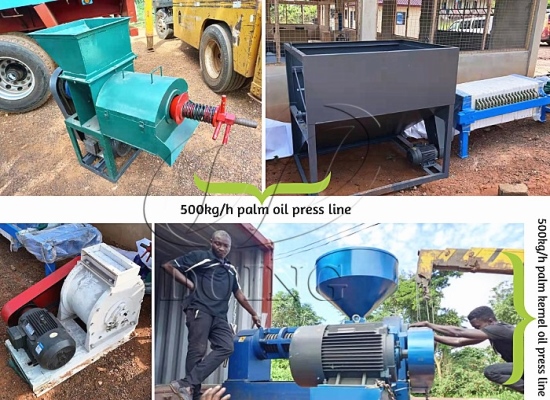
500kg/h palm oil and palm kernel oil processing plant project in Ghana
-
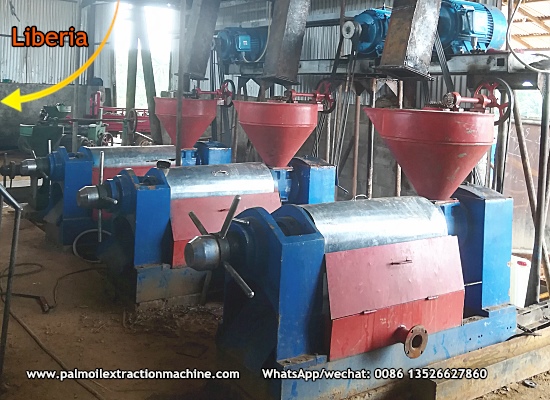
-
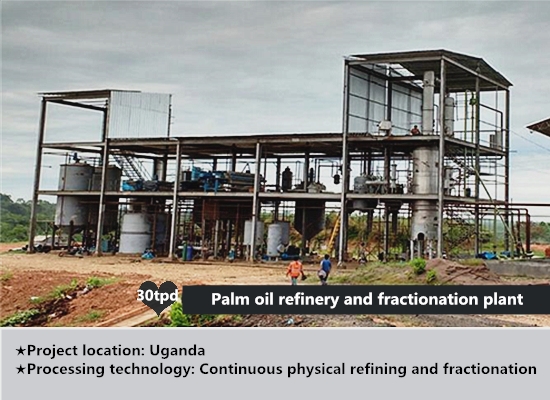
30tpd palm oil refinery and fractionation plant project successfully installed in Uganda
-
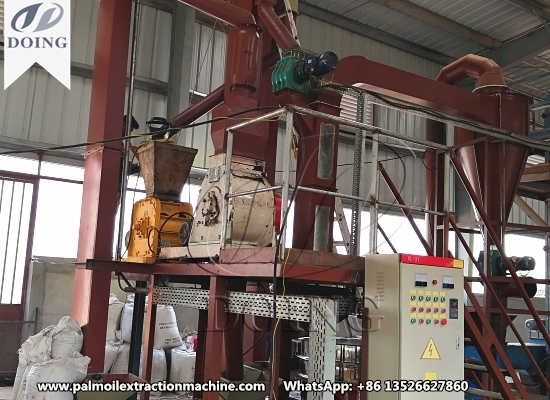
Palm kernel crushing and separating machine project in Sierra Leone
-
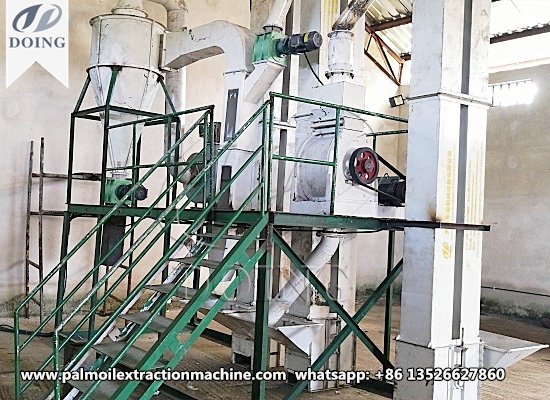
2-3tph palm kernel cracking and separating machine successfully installed in Akwa, Ibom, Nigeria
-
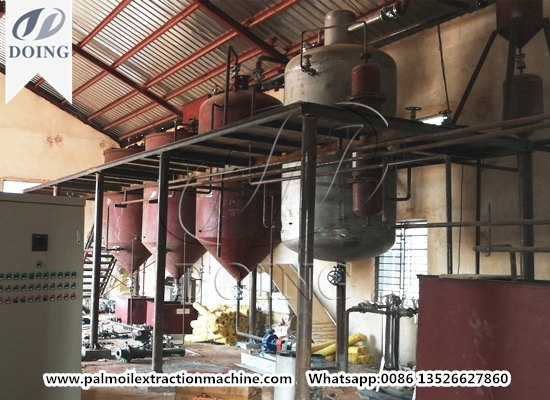
5tpd palm oil refinery and fractionation plant successfully installed in Nigeria




